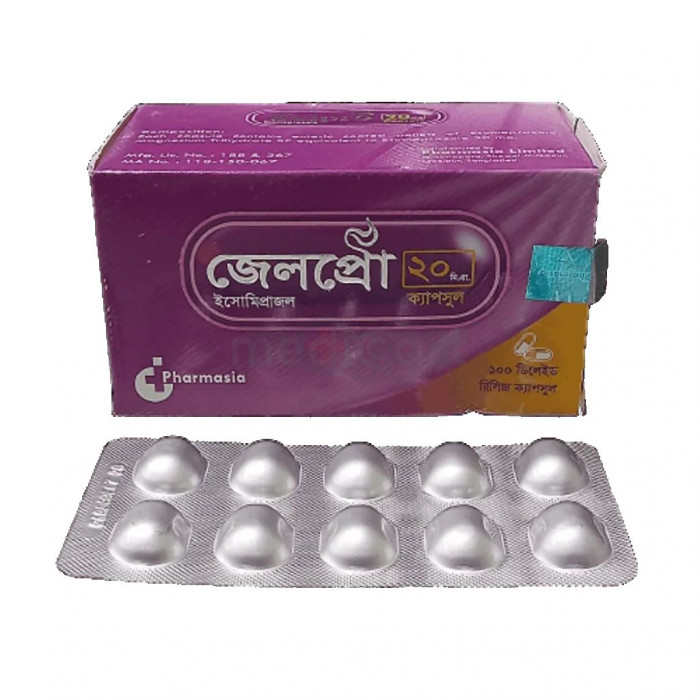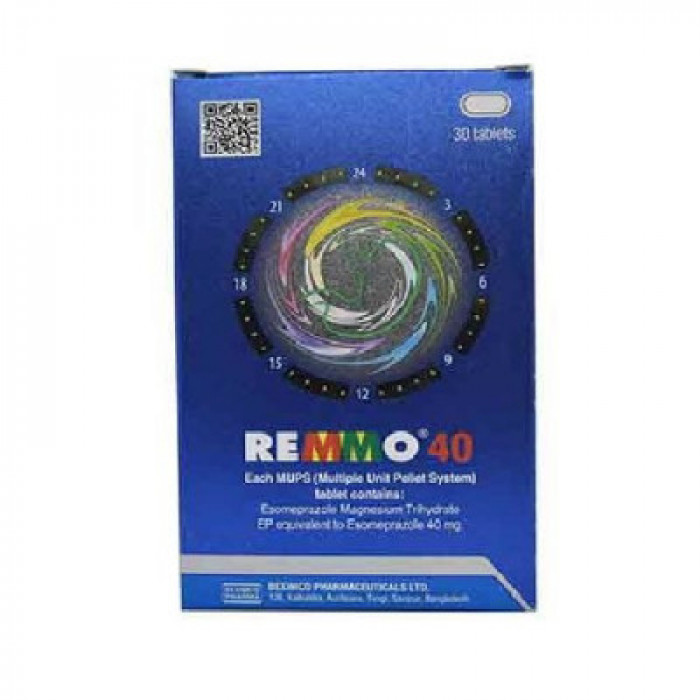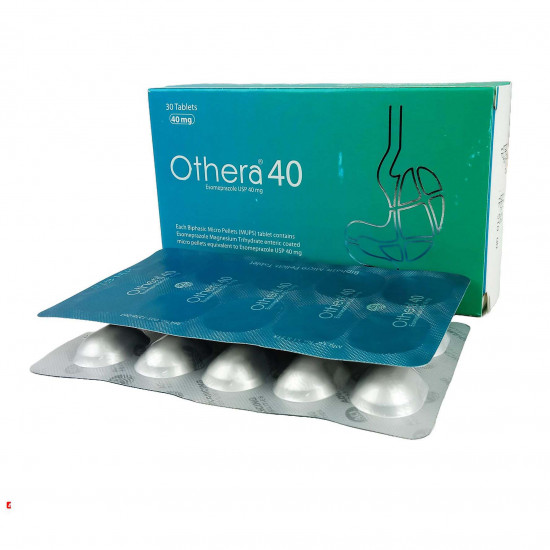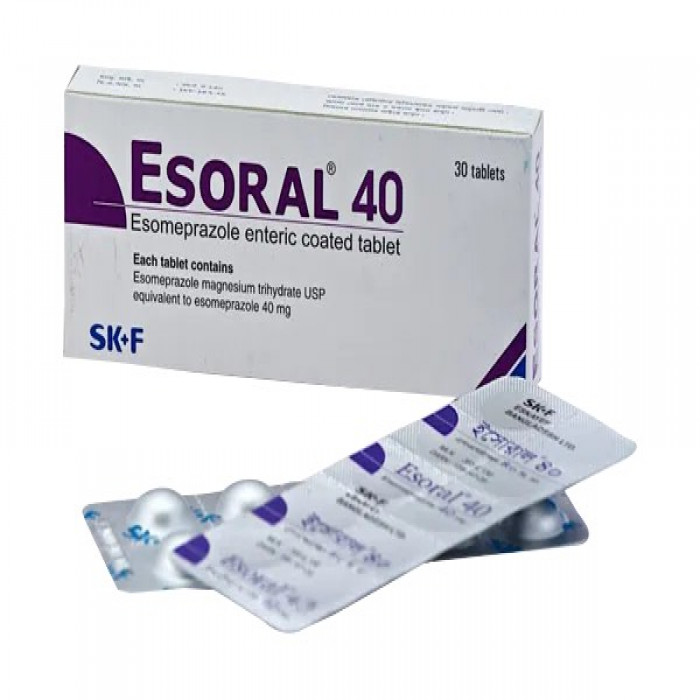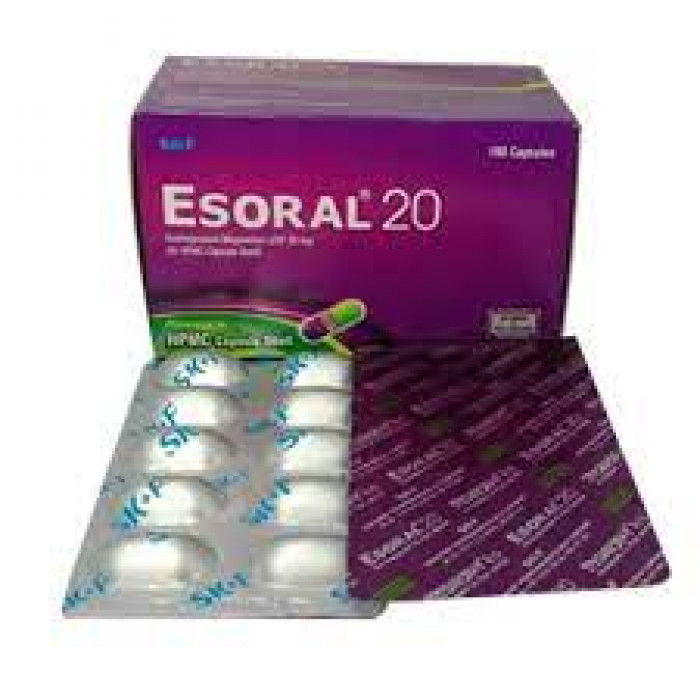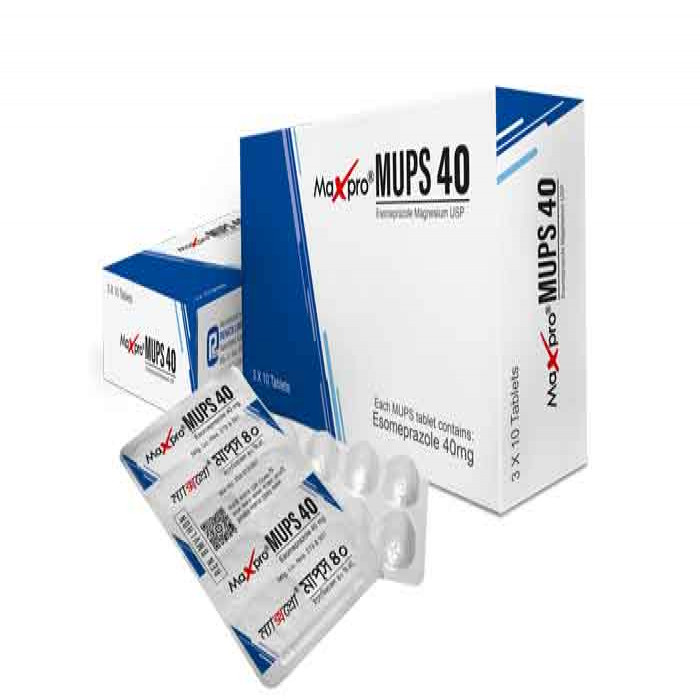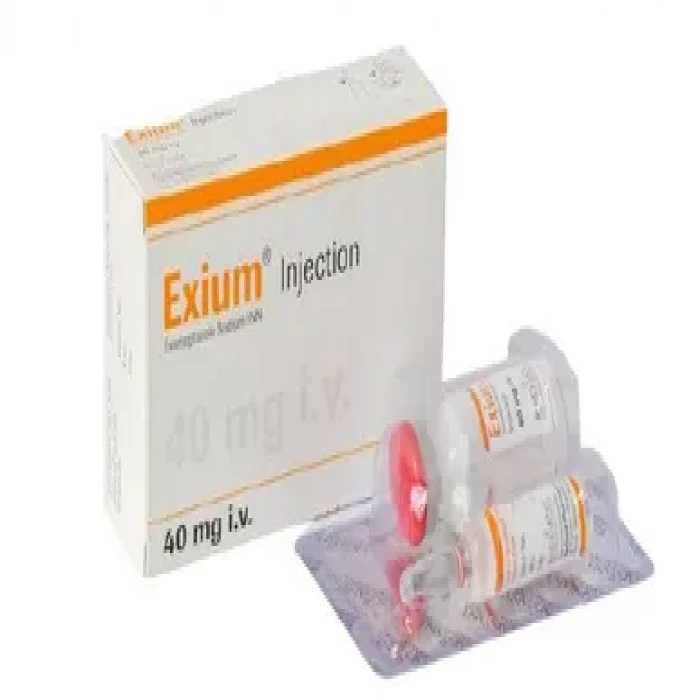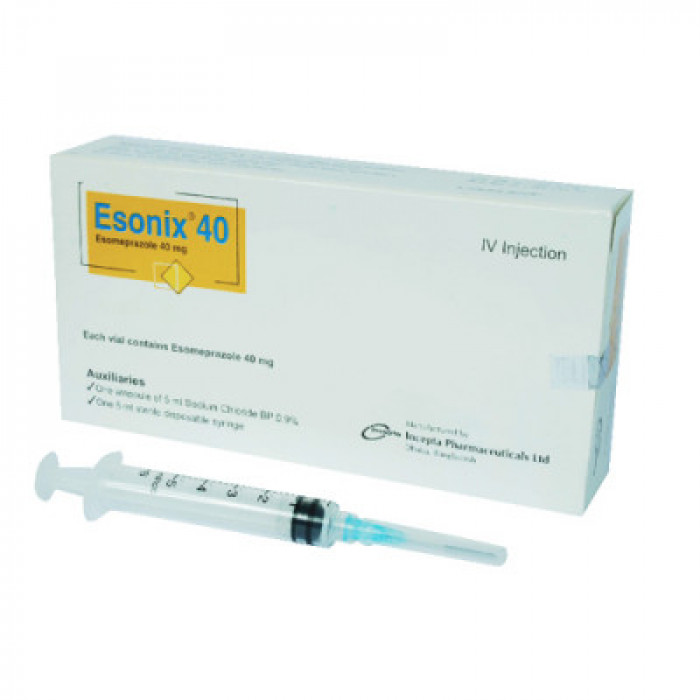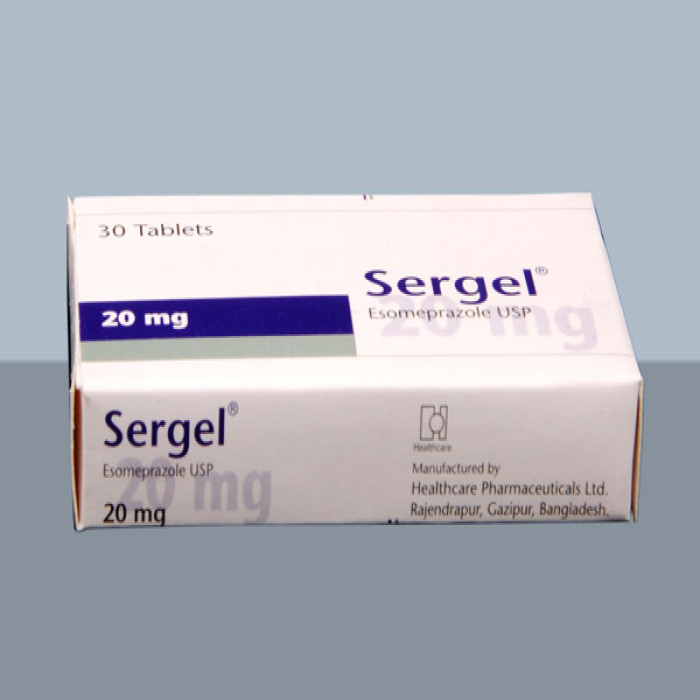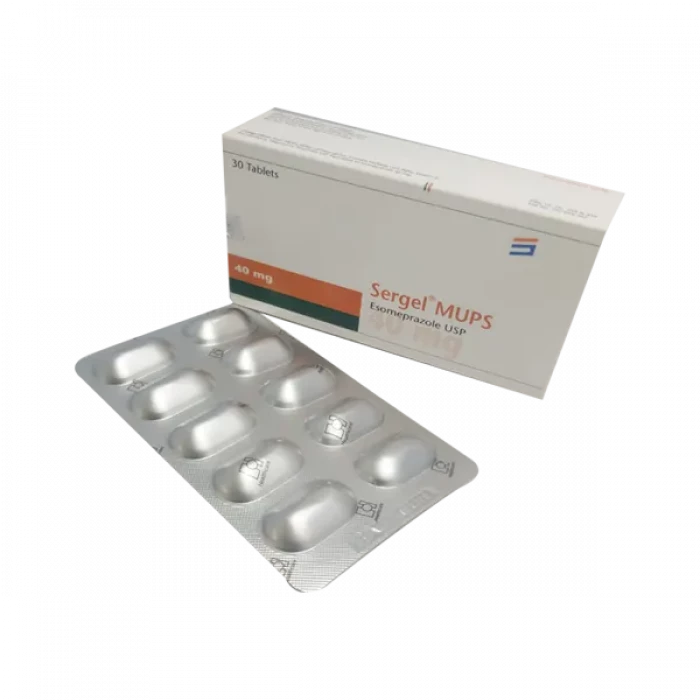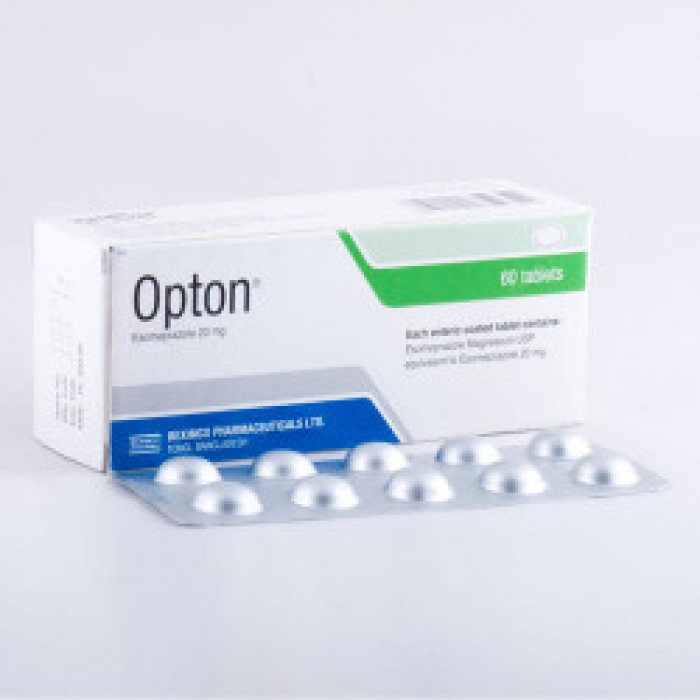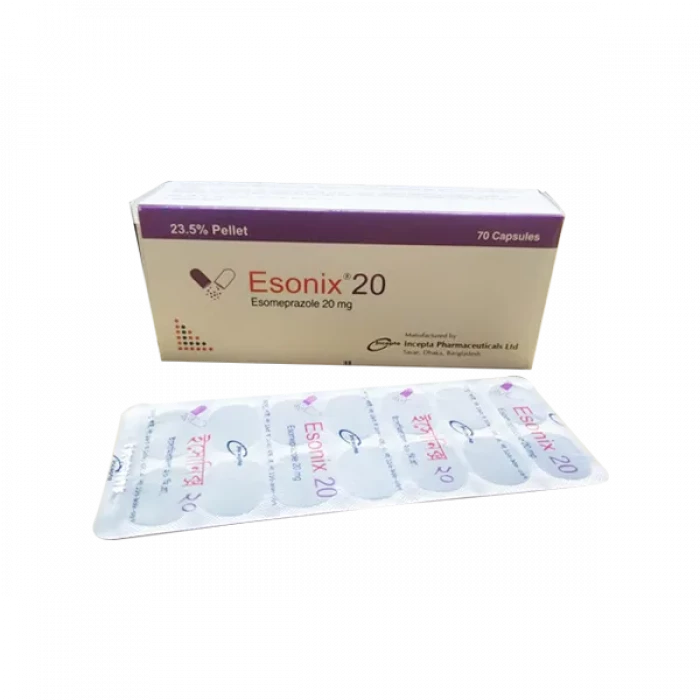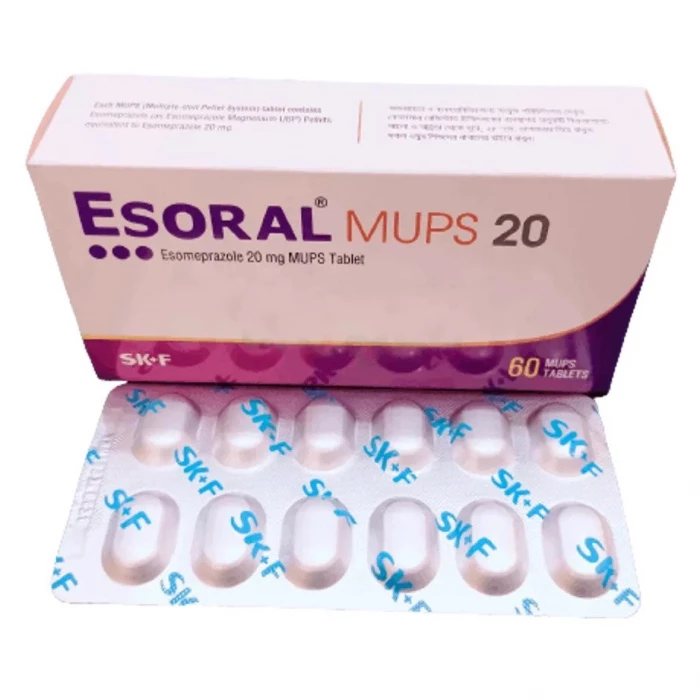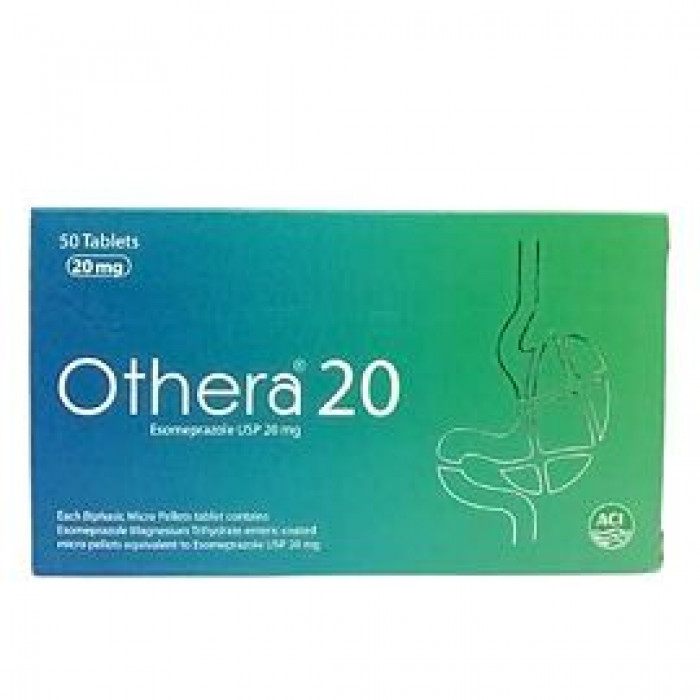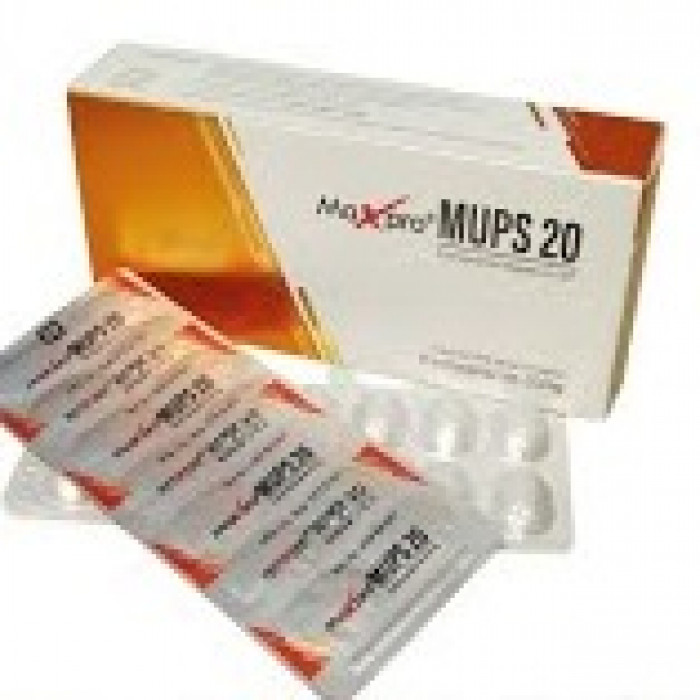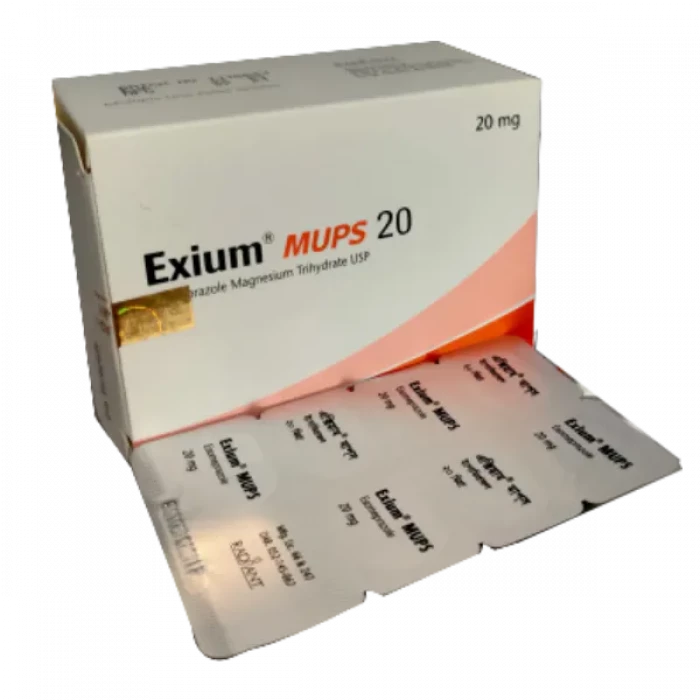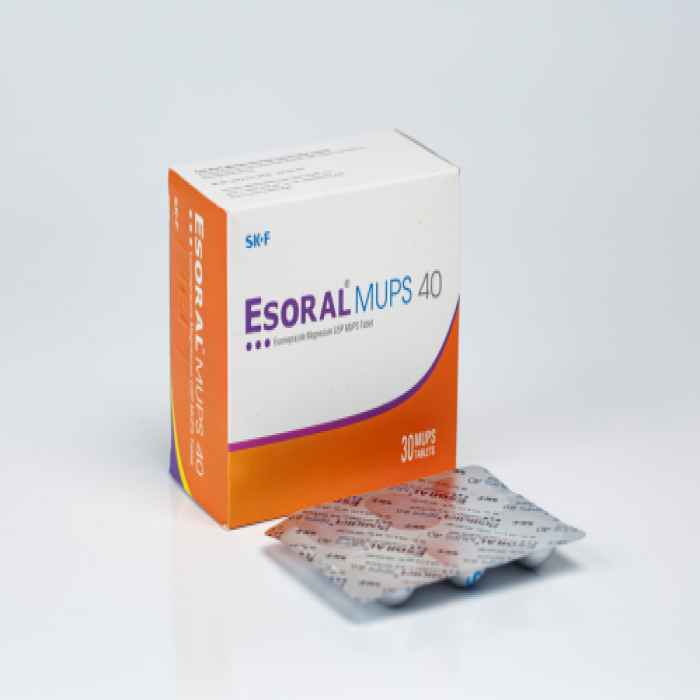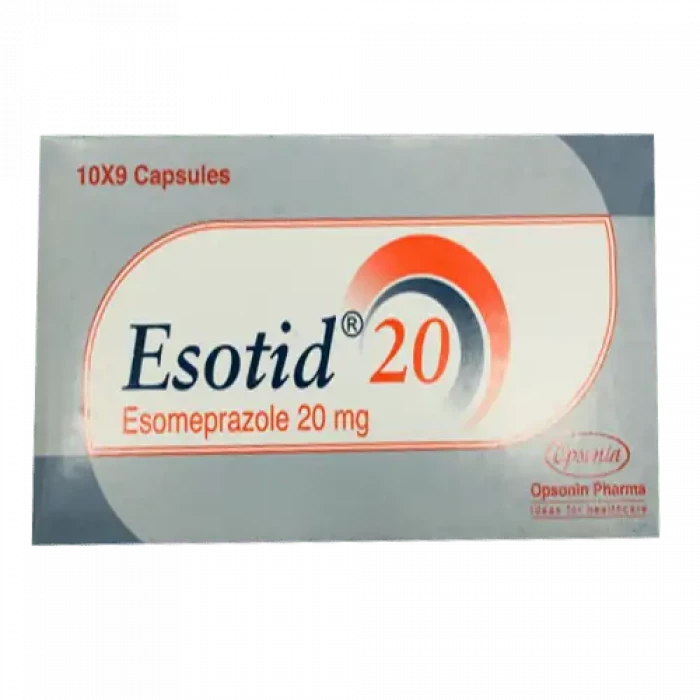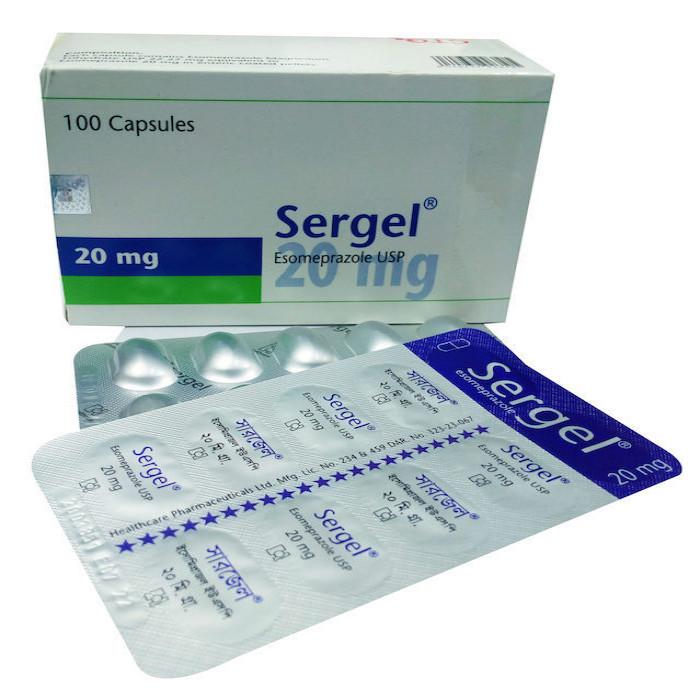
✔ 100% Authentic Product
👁️ Currently Viewing 8407
Sergel Capsule 20mg
Sergel Capsule 20 belongs to the group of medications known as proton pump inhibitors, which helps your stomach produce less acid. Sergel Capsule 20 treats Zollinger-Ellison syndrome, stomach ulcers, and gastroesophageal reflux disease (GERD). (overproduction of acid due to pancreatic tumor).

100% Genuine Products, Guaranteed
Safe & Secure Payments, Always
Fast, Secure & Efficient Delivery
Proper Packaging
 Cash on Delivery - All over Bangladesh
Cash on Delivery - All over Bangladesh Regular Delivery - 12-24 Hours, Dhaka City*
Regular Delivery - 12-24 Hours, Dhaka City* Regular Delivery - 24-48 Hours, All Over Bangladesh*
Regular Delivery - 24-48 Hours, All Over Bangladesh* ফ্রি ডেলিভারিঃ - ৯৯৯ টাকা+ অর্ডারে, ঢাকা
শহরে
ফ্রি ডেলিভারিঃ - ৯৯৯ টাকা+ অর্ডারে, ঢাকা
শহরে ফ্রি ডেলিভারিঃ - ২৯৯৯ টাকা+ অর্ডারে, ঢাকার
বাহিরে
ফ্রি ডেলিভারিঃ - ২৯৯৯ টাকা+ অর্ডারে, ঢাকার
বাহিরে
✅ Description:
Sergel 20 is a medication that lowers the amount of acid produced in the stomach. It is used to treat heartburn, acid reflux, and food pipe issues. It is also employed in the prevention and treatment of stomach ulcers. You should take Sergel 20 as directed by your doctor.
Safety Advices

Alcohol
CAUTION
Caution is advised when consuming alcohol with Sergel 20. Please consult your doctor.

Pregnancy
CONSULT YOUR DOCTOR
Sergel 20 may be unsafe to use during pregnancy. Although there are limited studies on humans, animal studies have shown harmful effects on the developing baby. Your doctor will weigh the benefits and any potential risks before prescribing them to you. Please consult your doctor.

Breastfeeding
CONSULT YOUR DOCTOR
Sergel 20 is probably unsafe to use during breastfeeding. Limited human data suggests that the drug may pass into the breastmilk and harm the baby.

Driving
CONSULT YOUR DOCTOR
It is not known whether Sergel 20 alters the ability to drive. Do not drive if you experience any symptoms that affect your ability to concentrate and react.

Kidney
SAFE IF PRESCRIBED
Sergel 20 is safe to use in patients with kidney disease. No dose adjustment of Sergel 20 is recommended. However, inform your doctor if you have any kidney disease.

Liver
CAUTION
Sergel 20 should be used with caution in patients with severe liver disease. A dose adjustment of Sergel 20 may be needed. Please consult your doctor.
✔️ How to use Sergel 20
Take this medicine in the dose and duration as advised by your doctor. Swallow it as a whole. Do not chew, crush or break it. Sergel 20 is to be taken empty stomach.
✔️ How Sergel 20 works
Sergel 20 is a proton pump inhibitor (PPI). It works by reducing the amount of acid in the stomach which helps in the relief of acid-related indigestion and heartburn.
✔️ What if you forget to take Sergel 20?
If you miss a dose of Sergel 20, take it as soon as possible. However, if it is almost time for your next dose, skip the missed dose and go back to your regular schedule. Do not double the dose.
✔️ Uses of Sergel 20
- Hyperacidity
- Heartburn
- Stomach Ulcer
- Gastroesophageal Reflux Disease (Acid Reflux)
- Peptic ulcer disease
✔️ Side Effects of Sergel 20
The most common side effects associated with Esomeprazole include
- Headache
- Diarrhea
- Nausea
- Flatulence
- Stomach Discomfort
- Constipation
- Dry mouth
There is no difference in the types of associated adverse events seen after maintenance treatment for up to 12 months vs short-term treatment.
✔️ Quick Suggestions:
- Sergel 20 Capsule is a well-tolerated medicine and provides relief for a long time.
- Avoid eating late at night or before bedtime.
- Long-term use of Sergel 20 can cause weak bones and a deficiency of minerals such as magnesium. Take adequate dietary intake of calcium and magnesium or supplements as prescribed by your doctor.
- Inform your doctor if you get watery diarrhea, fever, or stomach pain that does not go away.
- Consult your doctor right away if you develop decreased urination, edema (swelling due to fluid retention), lower back pain, nausea, fatigue, and rash or fever. These could be signs of a kidney problem.
✔️ Indications of Sergel 20
Sergel 20 is used to treat chronic heartburn and other symptoms associated with GERD.
- To alleviate persistent heartburn symptoms and other GERD-related problems
- In order to treat erosive esophagitis,
- For the maintenance of erosive esophagitis healing
- In patients with duodenal ulcer illness, in conjunction with amoxicillin and clarithromycin, for the elimination of Helicobacter pylori infection.
- Zollinger-Ellison Syndrome is a condition in which there is a buildup of toxins in
- Dyspepsia caused by Acid
- Gastric and Duodenal Ulcers
✔️ Pharmacology
Sergel is a proton pump inhibitor that reduces stomach acid production by specifically inhibiting the H+/K+-ATPase in the gastric parietal cell. Esomeprazole (S-isomer of omeprazole) is the first proton pump inhibitor with a single optical isomer that outperforms racemic proton pump inhibitors in acid control.
For absorption, Sergel capsules contain an enteric-coated pellet formulation of esomeprazole magnesium. Peak plasma levels (Cmax) occur approximately 1.5 hours after oral administration (Tmax). When the dose is increased, the Cmax rises proportionally, and the area under the plasma concentration-time curve (AUC) rises three times from 20 to 40 mg. With repeated once-daily administration, systemic bioavailability is around 90%, compared to 64% with a single dose.
In comparison to fasting conditions, the AUC after a single dose of esomeprazole is reduced by 33-53 percent after food ingestion. Esomeprazole should be taken at least one hour before meals.
In 97 percent of cases, Sergel is linked to plasma proteins. Plasma protein binding is constant over a concentration range of 2 20 mmol/L. At a steady state, the apparent volume of distribution in healthy individuals is around 16 L.
Esomeprazole is extensively metabolized in the liver by the cytochrome P450 (CYP) enzyme system. Metabolites of esomeprazole have no anti-secretory activity. The majority of esomeprazole metabolism is carried out by the CYP2C19 isoenzyme, which generates the hydroxy and desmethyl metabolites. The rest is reliant on CYP3A4, which generates the sulphone metabolite.
✔️ Dosage of Sergel 20
- Healing of Erosive Esophagitis: 20 mg or 40 mg Once Daily for 4-8 Weeks. The majority of patients are healed within 4 to 8 weeks. For patients who don't heal after 4-8 weeks, an additional 4-8 weeks of treatment may be considered. Maintenance of Healing of Erosive
- Esophagitis: 20 mg Once Daily (Clinical studies did not extend 6 months).
- Symptomatic GERD: 20 mg Once Daily for 4 Weeks. If symptoms do not resolve completely after 4 weeks, an additional 4 weeks of treatment may be considered.
- Helicobacter Pylori eradication: Triple Therapy to reduce the risk of Duodenal Ulcer recurrence-Esomeprazole 40 mg Once Daily for 10 days, Amoxicillin 1000 mg Twice Daily for 10 days, Clarithromycin 500 mg Twice Daily for 10 days.
- Zollinger-Ellison Syndrome: The dose is 20-80 mg once daily. The dosage should be adjusted individually and treatment continued as long as clinically indicated.
- Acid-related Dyspepsia: 20-40 mg once daily for 2-4 weeks according to the response.
- Duodenal ulcer: 20 mg once daily for 2-4 weeks. Gastric ulcer: 20-40 mg once daily for 4-8 weeks.
✔️ Administration of Sergel Capsule 20
- Sergel Tablet or Capsule: should be swallowed whole and taken one hour before a meal
✔️ Benefits of Sergel 20
Sergel 20 is successful at treating Zollinger-Ellison syndrome, gastroesophageal reflux disease, and erosive esophagitis (inflammation of the food pipe). The proton pump gate is permanently blocked by Sergel 20. (which secretes stomach acid). All age groups, including specific populations like the elderly, pregnant, breastfeeding moms, and renal, and liver disease patients, can receive a prescription for it. For these populations, dose adjustments are typically not necessary.
✔️ Interaction of Sergel 20
CYP2C19 and CYP3A4 substantially metabolize esomeprazole in the liver. Esomeprazole is unlikely to inhibit CYPs 1A2, 2A6, 2C9, 2D6, 2E1, and 3A4, according to in vitro and in vivo investigations. There should be no clinically significant interactions with medicines processed by these CYP enzymes. Esomeprazole has no clinically significant interactions with phenytoin, warfarin, quinidine, clarithromycin, or amoxicillin, according to drug interaction studies.
Sergel may interact with the main Esomeprazole metabolizing enzyme, CYP2C19. Co-administration of Esomeprazole 30 mg with diazepam, a CYP2C19 substrate, resulted in a 45 percent reduction in diazepam clearance. Increased diazepam plasma levels have been reported 12 hours after treatment and beyond. Esomeprazole works by inhibiting stomach acid output. As a result, Esomeprazole may impair medication absorption in cases where stomach pH is a key driver of bioavailability (e.g., ketoconazole, iron salts, and digoxin).
Co-administration of oral contraceptives, diazepam, phenytoin, or quinidine does not appear to alter Esomeprazole's pharmacokinetic profile.
Combination Therapy with Clarithromycin: Co-administration of esomeprazole, clarithromycin, and amoxicillin has resulted in increases in esomeprazole and 14-hydroxy clarithromycin plasma levels.
✔️ Contraindications
Esomeprazole is not recommended for those who have a history of hypersensitivity to any of the formulations.
✔️ Pregnancy & Lactation
In pregnant women, there are no appropriate and well-controlled trials. Teratogenic effects have not been discovered in animal investigations. Esomeprazole excretion in milk has not been examined. If the use of esomeprazole is deemed necessary, breastfeeding should be stopped.
✔️ Precautions & Warnings
In general, symptomatic response to esomeprazole treatment does not rule out the presence of stomach cancer.
Sergel pills should be taken at least one hour before meals, according to the manufacturer's instructions. For patients who have trouble swallowing capsules, put one spoonful of applesauce in an empty bowl, open the Esomeprazole capsules, and carefully pour the pellets within the capsule into the applesauce. The pellets should be combined with the applesauce and quickly eaten. The applesauce used should be cold and mushy enough to be eaten without chewing. It is not recommended that the pellets be eaten or crushed. The pellet/applesauce combination should not be kept in the refrigerator for later usage. While using esomeprazole, you may use antacids.
✔️ Storage Conditions
Store in a dry location at a temperature not exceeding 30°C. Keep out of direct sunlight and dampness. Keep out of children's reach.
⚠️Disclaimer:
At ePharma, we’re committed to providing accurate and accessible health information. However, all content is intended for informational purposes only and should not replace medical advice from a qualified physician. Please consult your healthcare provider for personalized guidance. We aim to support, not substitute, the doctor-patient relationship.




